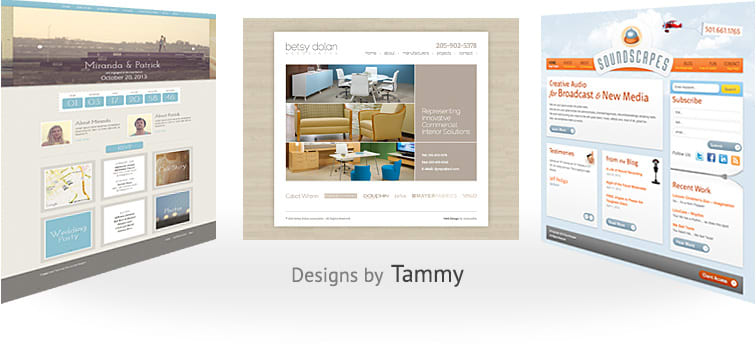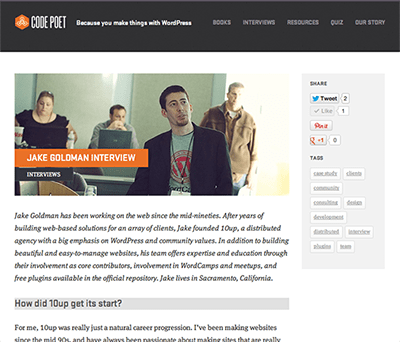Bates College wins eduStyle Judged & People’s Choice “best site” award

Last summer, we had the privilege of collaborating with the brilliant designers at Tellart and the IT team at Bates College to rebuild the college’s website on WordPress. Our mission was to build a durable, modular framework that would balance the consistency and unique features envisioned by Tellart with some department personalization and a clean administrative experience consistent with the needs of each departments (apparently, Food Services didn’t understand why there were sports scores; food fights are not scored). We were proud to hand off just that framework to the talented developers at Bates who ran with it.
Today, I learned that the project won both the “Judged” and “People’s Choice” category for “Best Overall Website” – the top category – in the 2012 eduStyle Awards. Bates was also nominated for “Best Home Page” – the second highest honor – which it won the “People’s Choice” award for. The awards, in their 5th year, celebrate the best work in college and university websites.
Read More on Bates College wins eduStyle Judged & People’s Choice “best site” award







 In the early 2000s, LiveJournal dominated the blogging world. While known as a pioneer in the world of online communities, many may not be aware that its creators are also responsible for one of the most important caching technologies currently powering the web: memcached (pronounced “mem-cache-dee”). Memcached is the caching engine behind Facebook, Twitter, and, a favorite at 10up, WordPress.com. Even though memcached is a stable and mature caching system, it has subtle nuances that can make it difficult to tame. Given that our work at 10up frequently involves development within memcached environments, we have become quite familiar with the ins and outs of the tool. In this article, I share some of my insights, cautions and thoughts on developing in a memcached environment.
In the early 2000s, LiveJournal dominated the blogging world. While known as a pioneer in the world of online communities, many may not be aware that its creators are also responsible for one of the most important caching technologies currently powering the web: memcached (pronounced “mem-cache-dee”). Memcached is the caching engine behind Facebook, Twitter, and, a favorite at 10up, WordPress.com. Even though memcached is a stable and mature caching system, it has subtle nuances that can make it difficult to tame. Given that our work at 10up frequently involves development within memcached environments, we have become quite familiar with the ins and outs of the tool. In this article, I share some of my insights, cautions and thoughts on developing in a memcached environment.